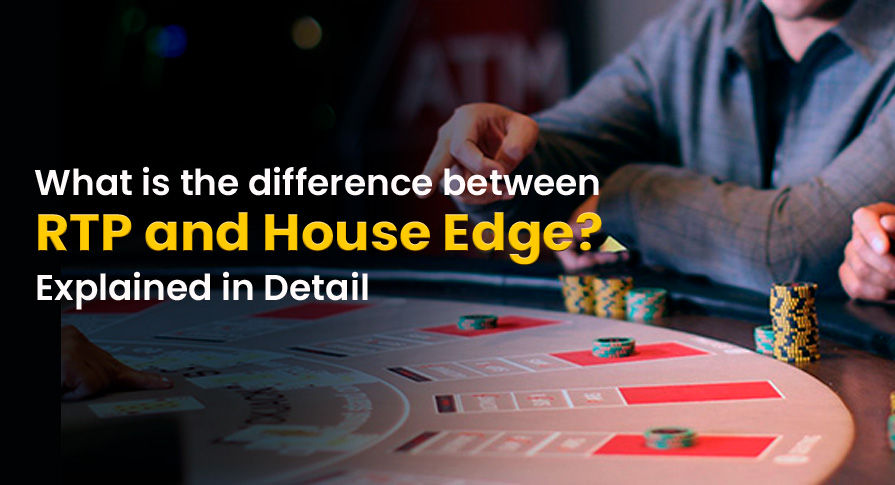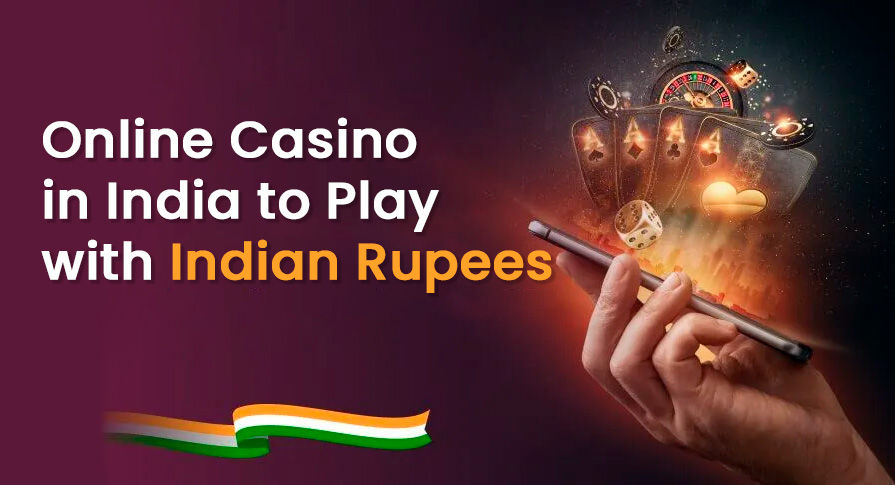Online Poker vs Live Poker - Key Factors That Set Them Apart


Posted by: Joe Hilton
Whether you're a live poker player, cherishing the clinking of chips, or an online poker player challenging other poker players worldwide, you've likely considered switching your playing method or playing the other poker variation. Before you dive in, though, there are some key differences you need to keep in mind during the transition.
That being said, the gameplay is similar, but certain rules and experiences vary. To make your research easier, we have compiled a list of the 6 most common yet crucial differences between live poker and online poker.
Favorite offers for January 2025 
-
1. Game pace and patience

While online poker thrives on lightning-fast gameplay, where hands are being dealt swiftly, live poker maintains a relaxed tempo, letting each player take their own time to think of a counter strategy. Online poker allows players for more hands per hour than live poker. While playing online, players must make quick decisions to keep up with the pace, demanding a certain level of agility and adaptability.
On the contrary, live poker, with its slow pace, allows players to savor the moments, build tension, and enjoy social interactions at the table. Live poker is based on one sole factor: patience. Patience is the key to success. The different paces of the game appeal to players with varying preferences for action and contemplation.
-
2. Game availability and variety

Online poker definitely has the upper hand over the live casinos in the game availability and variety it offers. Online poker players have access to an extensive range of poker variants, stake levels, and tournament formats 24/7. Even if you fancy Texas Hold’em, Omaha, Stud, or any other niche variants, online platforms cater to all your poker wants.
On the other hand, live poker’s game availability may be bounded by the physical limitations of casinos, especially in less populated areas. Live casinos have their own set of rules and a limited number of variants available for the players to choose from. While not as diverse, it still caters to popular classics, ensuring an unforgettable gaming experience for traditional poker lovers.
-
3. Player etiquette

Player etiquette is crucial in both online poker and live poker, but the way of expressing it differs. In live poker, players must adhere to a set of formalities, such as waiting for their turn to act, using appropriate hand gestures, and refraining from excessive chatter during the game. Maintaining proper decorum is crucial for a pleasant gaming experience for everyone at the table.
On the other hand, online poker tends to be less formal due to the virtual nature of the game. Though informal, a certain set of boundaries must be observed strictly. Being respectful in the chat box, avoiding abusive language, and not using the chat to gain an unfair advantage is a must.
-
4. Card visibility and chip stakes

Live poker players have an undeniable advantage to physically see their opponents’ cards and chip stacks, allowing them to make more precise reads on them. The visibility of cards and chips helps them in strategic decision-making and player assessments.
Whereas online poker relies on virtual representations of cards and chips, providing a less tangible view but also providing the convenience of handling all the bets in just a few clicks. Players must adapt their strategies to reading digital betting patterns and utilizing available data for optimal play.
-
5. Time bank and time constraints

This is an essential component that significantly impacts the players’ decision-making processes. In live poker, players have more rigid time constraints, forcing them to make decisions within a fixed timeframe. The challenge lies in balancing thorough analysis with timely action, adding an extra layer of pressure to the game.
But while playing online, players have a weapon called ‘Time Bank’ that lends them some extra time to contemplate their decision before playing their hand. However, once the time bank depletes, players must act promptly. It lets them carefully consider the possibilities and make wise decisions without experiencing any rush leading to possible losses.
-
6. Table chat and player interaction

While playing online, poker players have the ‘Table Chat’ feature that enables them to interact with their opponents through typed messages, building a virtual sense of camaraderie and banter. Players can also engage in friendly conversations or employ psychological tactics to confuse their opponents and lead them into changing the gameplay.
Live poker, while also encouraging communication, emphasizes in-person interactions. The banter, facial expressions, and body language contribute to the game’s dynamic, creating a more intimate and immersive experience. Players must adapt their communication styles to suit the nuances of each method while maintaining a respectful and enjoyable environment for all.
Conclusion
With the knowledge of these 6 key differences between online poker and live poker, you can seamlessly transition your gaming method. While playing poker, whether online or live, keeping your mind calm and focused and reading the tips and strategies is necessary to avoid losses.
After knowing these major differences, you don’t necessarily need to change your method; just play the best game that suits you. Doesn’t matter if you choose a virtual or physical setting; the excitement you experience will always remain constant. So, shuffle your cards and get ready to play!











.jpg?updatedAt=1707893907968)
